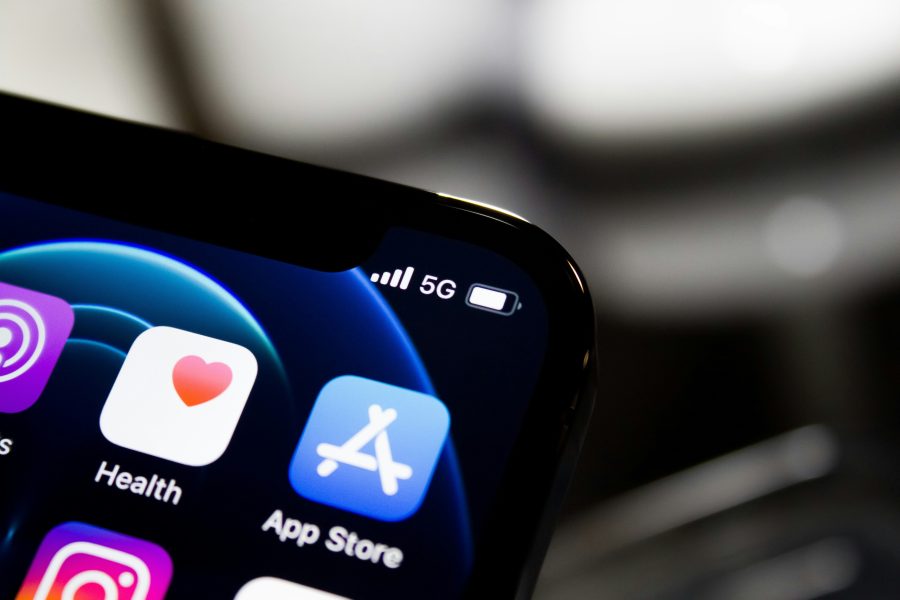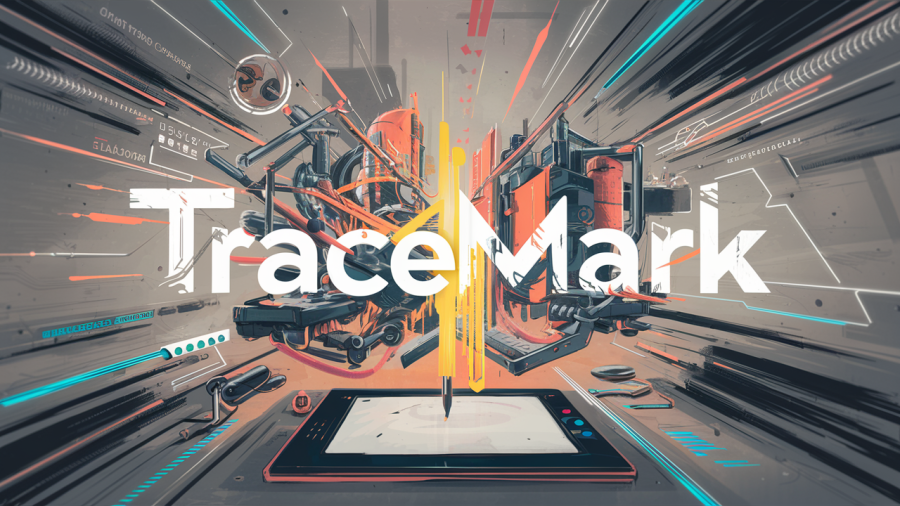Epic Games CEO, Tim Sweeney, has blasted Apple’s new EU App Store concessions as the gaming developer’s long-running battle with the tech giant rumbles on.
Apple has announced a range of policy changes that are coming in iOS 17.4, which are ultimately mandated by the EU’s Digital Markets Act (DMA), but Sweeney has accused the company of acting in a “devious” manner in its attempt to thwart the laws outlined by the DMA.
In a rant on X, Sweeney said: “They are forcing developers to choose between App Store exclusivity and the store terms, which will be illegal under DMA, or accept a new also-illegal anticompetitive scheme rife with new Junk Fees on downloads and new Apple taxes on payments they don’t process.
“Apple proposes that it can choose which stores are allowed to compete with their App Store. They could block Epic from launching the Epic Games Store and distributing Fortnite through it, for example, or block Microsoft, Valve, Good Old Games, or new entrants.
“Epic has always supported the notion of Apple notarization and malware scanning for apps, but we strongly reject Apple’s twisting this process to undermine competition and continue imposing Apple taxes on transactions they’re not involved in.
“There’s a lot more hot garbage in Apple’s announcement. It will take more time to parse both the written and unwritten parts of this new horror show, so stay tuned.”
Apple’s latest iOS updates outline three new business terms for iOS apps in the EU.
- Commission is reduced to 10% for iOS apps on the App Store and 17% on transactions for digital goods or services.
- Payment processing fees will be an additional 3% for iOS apps on the App Store that use Apple’s payment processing software, but developers can use a payment service provider within their app to process payments for no additional fee to Apple.
- iOS apps distributed from the App Store and/or an alternative app marketplace will now pay a Core Technology Fee of €0.50 for each first annual install per year over a one million threshold.
It’s unclear exactly why Sweeney is so outraged by Apple’s latest policy updates. The decision to allow developers to now use their own payment processing platforms outside of Apple addresses the initial problems Epic had in 2020, although that decision will have originated from a court battle in 2021 that ruled that while Apple was lawful in its decision to remove Fortnite from the App Store, they must now allow developers to use third-party payment systems.
Epic Games v Apple: A long-running feud
Epic, the creators of the gaming phenomenon Fortnite, has been in a legal battle over the App Store’s fees and policies since 2020. It all started when Epic updated the Fortnite app with a new feature that gave gamers the option to pay them directly for in-app currency at a discount, instead of paying directly via Apple’s App Store.
This function meant Epic was avoiding Apple’s 30% fee for all payments made by consumers via the App Store, which went against Apple’s rules and regulations. Unsurprisingly, Apple removed Fortnine from its app marketplace in response to that update.
This led to Epic filing a lawsuit against Apple in retaliation, in which they accused Apple of becoming a “behemoth seeking to control markets, block competition and stifle innovation.” After a long three-year battle, Epic lost its case against Apple but did win a similar lawsuit against Google and its Google Play Store.
Featured Image: Photo by James Yarema on Unsplash










